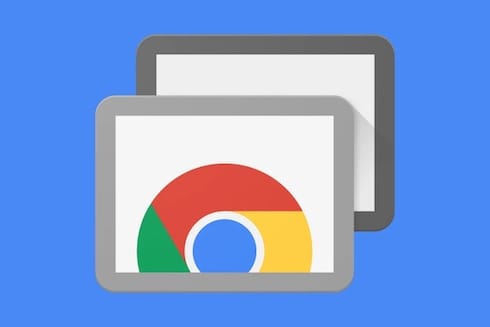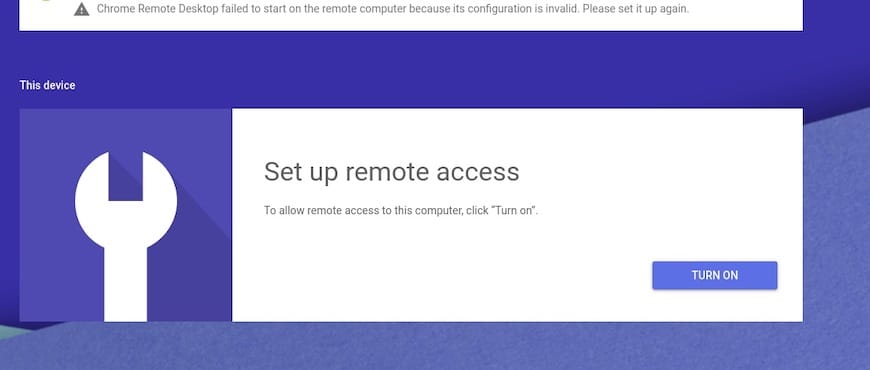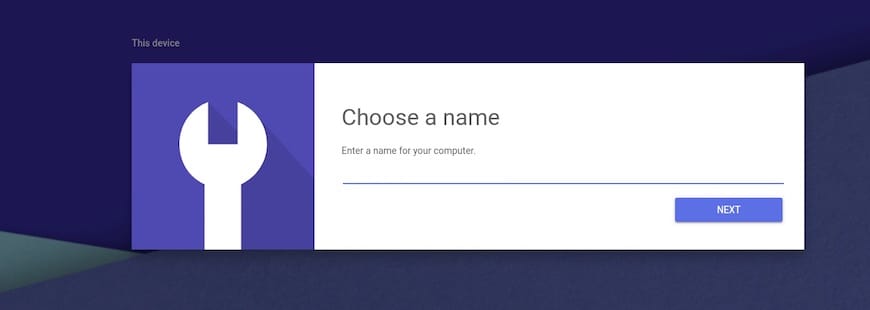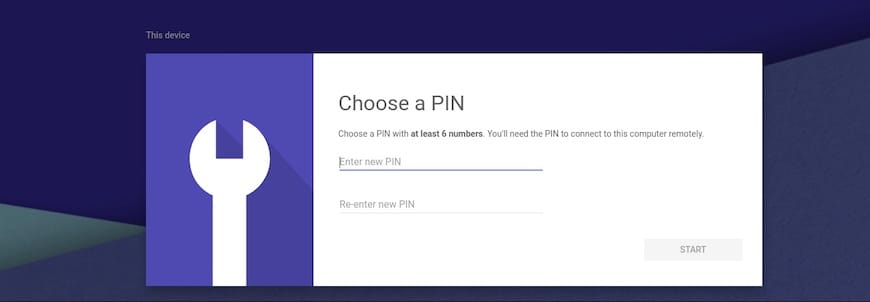
In this tutorial, we will show you how to install Chrome Remote Desktop on Ubuntu 20.04 LTS. For those of you who didn’t know, Chrome Remote Desktop is an excellent tool to allow you to access your computer’s desktop remotely over the Internet a protocol called Chromoting on Google Chrome browsers.
This article assumes you have at least basic knowledge of Linux, know how to use the shell, and most importantly, you host your site on your own VPS. The installation is quite simple and assumes you are running in the root account, if not you may need to add ‘sudo‘ to the commands to get root privileges. I will show you the step-by-step installation of the Chrome Remote Desktop on Ubuntu 20.04 (Focal Fossa). You can follow the same instructions for Ubuntu 18.04, 16.04, and any other Debian-based distribution like Linux Mint.
Prerequisites
- A server running one of the following operating systems: Ubuntu 20.04, 18.04, and any other Debian-based distribution like Linux Mint or elementary OS.
- It’s recommended that you use a fresh OS install to prevent any potential issues.
- SSH access to the server (or just open Terminal if you’re on a desktop).
- A
non-root sudo useror access to theroot user. We recommend acting as anon-root sudo user, however, as you can harm your system if you’re not careful when acting as the root.
Install Chrome Remote Desktop on Ubuntu 20.04 LTS Focal Fossa
Step 1. First, make sure that all your system packages are up-to-date by running the following apt commands in the terminal.
sudo apt update sudo apt upgrade
Step 2. Installing Google Chrome.
Run the following command to download the latest Google Chrome .deb package:
wget https://dl.google.com/linux/direct/google-chrome-stable_current_amd64.deb
Once downloaded, run the following command to install the Chrome .deb package on your system:
sudo apt install ./google-chrome-stable_current_amd64.deb
Step 3. Installing Chrome Remote Desktop on Ubuntu 20.04.
Now we grab the source code from Github to install Chrome Remote Desktop:
bash <(wget -qO- https://raw.githubusercontent.com/KeithIMyers/Chrome-Remote-Desktop-Ubuntu-Setup/master/chrome-remote-desktop-setup.sh)
After installation has completed now reboot your desktop system:
reboot
Step 4. Configure Chrome Remote Desktop.
Now we visit the Chrome Remote Desktop app page in the Chrome Web Store and select “Add to Chrome”. This will take a few moments to install. Next, open the following URL to launch the Chrome Remote Desktop Web Application https://remotedesktop.google.com
Select “Turn On” under Setup Remote Access as shown in the screenshot below:

Next, enter the name of your computer:

After that, enter a 6 (or more) digit pin code that will need to be entered to access your computer:

Step 5. Accessing Chrome Remote Desktop on Ubuntu.
Once successfully configured, now access your computer by visiting https://remotedesktop.google.com/access/ on any computer or Chromebook running the Chrome browser. If you wish to use an Android or iOS device, you can download the “Chrome Remote Desktop” application from the Google Play Store or Apple App Store.
Congratulations! You have successfully installed Chrome Remote Desktop. Thanks for using this tutorial for installing the Chrome Remote Desktop on Ubuntu 20.04 LTS Focal Fossa system. For additional help or useful information, we recommend you check the official Chrome website.